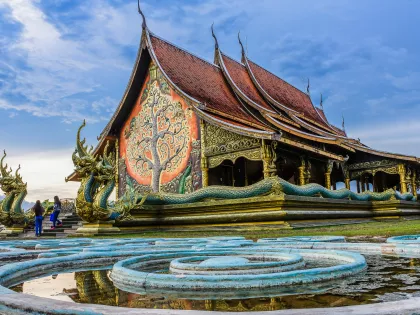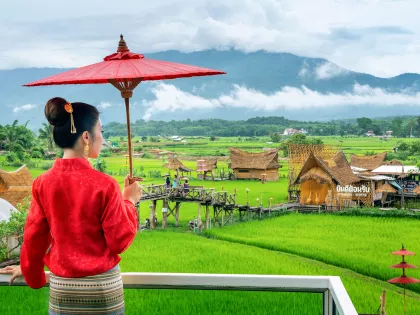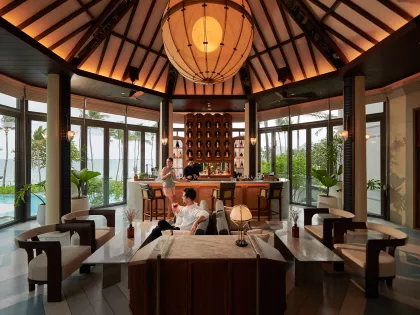Things You Want to Know About the Maldives: It's Not Always About the Beach
The Maldives isn't just about clear skies, insanely blue oceans, spectacular marine life, bikinis and white sandy beaches… although admittedly, a lot of it is about that. We'd like to let you take an even deeper dive into the Maldives though - it will surely help enhance your Maldives trip that little bit more.
Not All of Those 1,000 Islands Are Natural
Heartbreaking? Yes, the Maldives archipelago consists of around 1,000 islands and not all of these islands were created equally. Some of the islands, like Humale for example, are artificial 'man-made' islands. Humale was built to solve the overcrowding situation posed by the capital city Male. Sand and concrete was dumped in the ocean, reclaiming it as land and 'voila' - instant island.
Maldivians Speak Dhivehi
The name of the language is Dhivehi, and the Dhivehi language uses the 'Thaana' script. The Thaana script may resemble, to some, the Arabic script, but the system is actually based on the Indic system of sounds. The reason why it might look familiar both to people who are accustomed to Indic languages as well as those who can read the Arabic script is because the first nine letters of the alphabet are actually based on the Arabic script numbers for 1-9 (٩ ٨ ٧ ٦ ٥ ٤ ٣ ٢ ١), and the following nine are similarly based on old Indic numerals for 1-9 (މ ފ ދ ތ ލ ގ ޏ ސ ޑ).
Dhivehi is an Indo-Aryan language popularly used in South Asia, especially in Sri Lanka. With a great deal of Islamic influence, some Dhivehi words will be familiar to speakers of Arabic, Persian and Urdu. Some English words are commonly used in spoken languages such as Phone, Note, Taxi, Coffee and Juice.
100% Muslim Population
The only country aside from Saudi Arabia that has a 100% Muslim population is the Maldives. With that in mind, dress modestly and avoid carrying pork or alcohol products when entering the country. Showing affection in public is also against Islamic law, and therefore the law of the Maldives. While you will have privacy in your resort, it is always a good idea to respect local customs and beliefs, and be mindful of how your behaviour may be received given that those beliefs are held even by many of the staff at your hotel.
Try Maldivian Food
Of course, you will be tempted with fresh seafood designed for western palates in your resort, but Maldivian food, or Dhivehi food is also a must-try. It has Sri Lankan and Indian influences, but rather than consisting of heavy meats, starches and oil, Dhivehi food is much lighter and uses a lot of seafood ingredients, with staples of fish and coconut.
Up for a Divehi culinary challenge? Easy to eat Dhivehi dishes that we think you should try include Maldivian traditional breakfast called 'Mas Huni' which is basically a tuna salad with coconut, onion and chilli, served with chapati bread. Another dish is Dhon Riha - a tuna curry made in coconut milk, mango, cinnamon, and ginger.
A Place for Wellness and Spas
It's not always about fun under the sun despite there being so many outdoor activities for you to choose from at properties like Centara Grand Island Resort & Spa Maldives. To switch gears from scuba diving, snorkelling, windsurfing, dhoni cruising, and fishing, you can also seek refuge from the elements as you retreat for a Maldivian massage or any number of therapies at one of many world class spas. Maldivian massage is very popular and you can give it a try at Spa Cenvaree.
The signature Maldivian massage combines hot oil aroma massage techniques with acupressure, Ayurvedic Abhyanga movements, deep-tissue massage, Shiatsu and Lomi-lomi during the 90 - 120 minute treatment. It is something you won't get anywhere else, so while you're there, take advantage of the chance to experience what's said to be one of the most amazing massage experiences on the planet.
Dance Like a Maldivian
Now, that you've dabbled in the language and tasted the food, it's time to dance like a Maldivian! Bodu Beru is the name of a traditional style of Maldivian music. Bodu means Big, and Beru means drums, so naturally as the name says, the music involves big drums, usually played by drum masters, with dancers performing to the rhythm of the drums. The song lyrics usually focus around telling tales from fishermen's lives, with adventures and funny stories.
If someone invites you to dance to this kind of music, don't be shy - join in! The only bad moves are the ones you don’t make.











Share :-
-
-